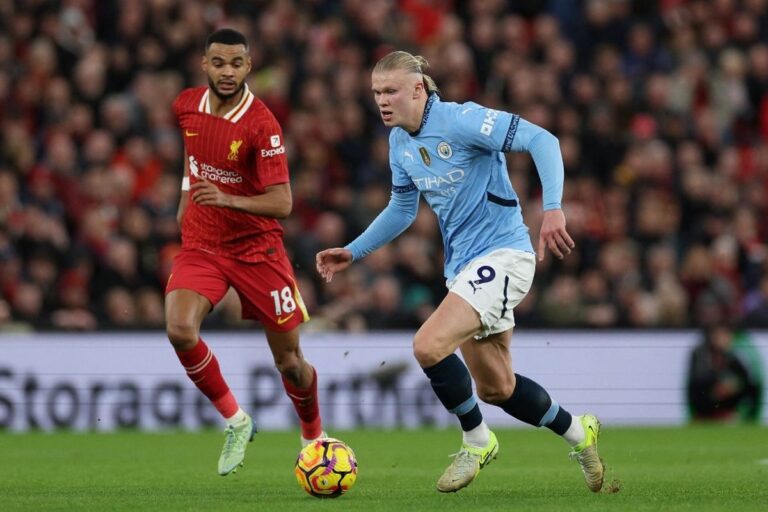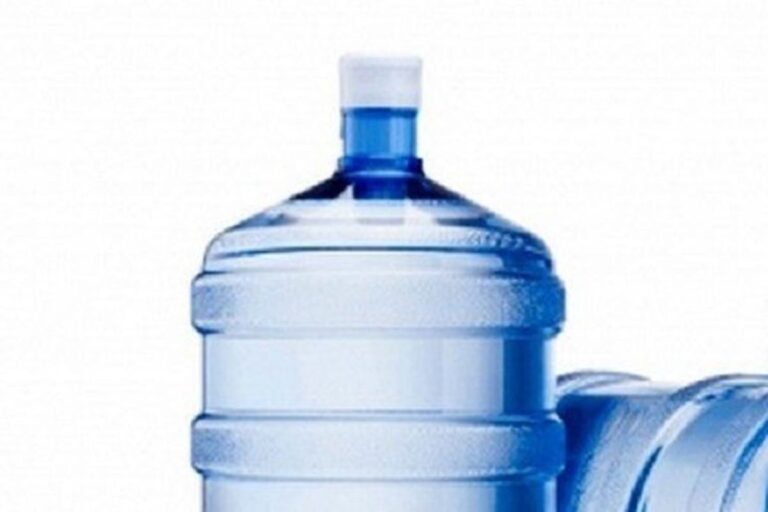Introduction
The World Trade Organization (WTO) stands as one of the most influential institutions in global economics and politics. Established in 1995, the WTO is tasked with overseeing the global trade system, regulating international commerce, and ensuring that trade flows as smoothly, predictably, and freely as possible. Its core mission is to create a level playing field for international trade by enforcing agreements, resolving trade disputes, and fostering negotiation processes that can lead to new trade liberalization measures. However, the WTO’s role in global politics extends far beyond economics, influencing international relations, power dynamics, and global governance.
In this article, we will explore the functions of the WTO, its impact on global trade, the challenges it faces, and its broader influence on global politics.
The Origins and Structure of the WTO
The WTO’s origins can be traced back to the General Agreement on Tariffs and Trade (GATT), which was established in 1947 after World War II as a framework for international trade negotiations. GATT aimed to reduce tariffs and trade barriers, promote economic cooperation, and foster post-war recovery. Over the years, GATT evolved into the WTO, which was created to replace the GATT framework in 1995. The WTO formally began operating on January 1, 1995, and has since grown to include 164 member countries, making it the largest and most comprehensive global trade organization in existence.
1. Key Functions of the WTO
The WTO serves several essential functions in the global trading system:
- Trade Negotiations: The WTO provides a platform for member countries to negotiate trade agreements aimed at reducing trade barriers such as tariffs, quotas, and subsidies. These negotiations often lead to trade liberalization measures that enhance the free flow of goods, services, and intellectual property across borders. One of the most prominent ongoing negotiations in WTO history is the Doha Development Round, which focuses on reducing agricultural subsidies and promoting trade in developing countries.
- Dispute Settlement: One of the most important roles of the WTO is its dispute resolution mechanism. When two or more member countries have disagreements regarding trade policies or violations of WTO agreements, they can bring their cases to the organization’s dispute settlement body (DSB). The DSB has the authority to rule on disputes and authorize sanctions against countries found to be in violation of WTO rules. This system helps prevent trade wars and ensures that international trade rules are respected.
- Monitoring Trade Policies: The WTO monitors the trade policies of its members and ensures that they comply with WTO rules. This is done through regular reviews, reports, and assessments. The organization tracks trade barriers, subsidies, and other domestic policies that could distort international trade.
- Technical Assistance and Capacity Building: The WTO offers technical assistance to developing countries to help them build their capacity to participate in the global trading system. This includes providing training, resources, and expertise to help these countries understand and implement WTO rules and agreements.
2. Core Principles of the WTO
The WTO operates based on several fundamental principles that shape its role in global trade and politics:
- Non-discrimination: The WTO operates on the principle of most-favored-nation (MFN) status, which ensures that member countries do not discriminate against each other in trade. Under MFN, countries are required to extend the same trade privileges to all WTO members, ensuring that no country is unfairly favored or discriminated against.
- Reciprocity: The principle of reciprocity ensures that countries can expect mutual benefits from trade agreements. If one country reduces its tariffs, other countries are expected to do the same, leading to a balance of concessions.
- Transparency: WTO members are required to be transparent about their trade policies and practices. This allows for greater predictability in international trade, as businesses and governments can make informed decisions based on the publicly available trade data.
- Promoting Trade Liberalization: The WTO’s overarching goal is to promote free trade by reducing barriers to trade, whether they are tariffs, subsidies, or other trade-distorting measures. The organization seeks to create an open and competitive global marketplace.
The WTO’s Role in Global Politics
While the WTO is primarily focused on economic issues, its role in global politics is profound. As the main global organization governing international trade, the WTO has far-reaching political implications, influencing not only economic relations but also diplomatic ties, national sovereignty, and the development of global norms.
1. Facilitating Economic Integration and Globalization
The WTO has played a key role in fostering economic globalization, as its agreements have made it easier for countries to engage in trade with each other. By reducing tariffs and other trade barriers, the WTO has helped to integrate global markets, increase trade flows, and promote economic interdependence. This integration has led to greater access to goods, services, and markets, benefiting both developed and developing countries.
However, globalization has also led to some political challenges. As countries become more interconnected, the disparities between rich and poor nations have sometimes been exacerbated. Developing countries often struggle to compete with more advanced economies, and critics argue that the WTO’s emphasis on free trade has sometimes disadvantaged these nations. This has led to political debates about the role of the WTO in addressing global inequality and promoting sustainable development.
2. Balancing National Sovereignty with Global Rules
One of the most politically sensitive issues surrounding the WTO is the tension between national sovereignty and global trade rules. While the WTO’s trade agreements are designed to promote fairness and equity in the global trading system, they also require countries to adhere to internationally agreed-upon rules, which can sometimes conflict with national interests.
For example, countries may want to protect certain industries or adopt policies that are deemed necessary for public welfare, such as environmental protections, labor rights, or public health measures. However, these policies may be challenged under WTO rules if they are seen as barriers to trade. The WTO’s dispute resolution system can force countries to change their laws or face trade sanctions, leading to concerns about the erosion of national sovereignty in favor of global trade liberalization.
3. Influence on Global Power Dynamics
The WTO plays an important role in shaping the balance of power in global politics. Developed countries, such as the United States, the European Union, and Japan, have historically wielded significant influence over the WTO’s agenda and decision-making processes. However, as the global economy has shifted, emerging economies like China, India, and Brazil have become more prominent in the organization, challenging the established dominance of Western powers.
The rise of China as a global economic power has been particularly significant for the WTO. China’s entry into the organization in 2001 marked a major turning point in global trade, as it became the world’s largest exporter and second-largest importer. China’s economic rise has not only reshaped global trade patterns but has also created new political dynamics, as it has used the WTO to advance its own trade interests and shape global economic policies.
4. Trade Wars and Geopolitical Tensions
In recent years, the WTO has found itself at the center of trade wars and geopolitical tensions. The ongoing U.S.-China trade dispute, which escalated in 2018, has highlighted the challenges the WTO faces in managing global trade tensions. The United States, under the Trump administration, repeatedly criticized the WTO for being unable to effectively address China’s alleged unfair trade practices, intellectual property theft, and industrial subsidies. This led to a breakdown in multilateral trade negotiations and increased reliance on unilateral tariffs.
Similarly, the Brexit referendum in the United Kingdom (2016) and the subsequent withdrawal from the European Union also raised important questions about the WTO’s role in managing trade between the UK and the EU, as well as with other countries. The growing popularity of protectionist trade policies and the rise of nationalist politics have added to the strain on the WTO’s multilateral framework.
5. Addressing Global Issues Beyond Trade
The WTO’s political role extends into areas beyond traditional trade policies. Issues such as climate change, public health, labor rights, and intellectual property are increasingly part of the WTO agenda. For instance, the WTO has been involved in discussions around the regulation of trade in green technologies and climate-friendly products, as countries seek to address the environmental impacts of trade.
The COVID-19 pandemic also underscored the WTO’s political relevance in managing global public health challenges. The organization played a role in discussions around vaccine distribution, intellectual property rights related to the COVID-19 vaccine, and trade barriers that impacted the global response to the crisis.
Challenges Facing the WTO
Despite its crucial role, the WTO faces significant challenges, particularly in the context of a rapidly changing global political and economic environment. Key challenges include:
- Deadlock in Trade Negotiations: The WTO’s Doha Round of trade negotiations, which began in 2001, has largely stalled due to disagreements between developed and developing countries on issues like agriculture subsidies, trade rules for services, and intellectual property. As a result, the WTO has struggled to achieve significant new trade agreements in recent years.
- Dispute Settlement System Under Strain: The WTO’s dispute settlement mechanism has come under pressure due to the blocking of appointments to its appellate body by the U.S. government. This has severely hampered the ability of the organization to resolve disputes effectively.
- Criticism from Developing Countries: Many developing countries feel that the WTO’s rules disproportionately benefit rich nations and multinational corporations. There have been calls for reform to make the organization more responsive to the needs of poorer nations and to address concerns about labor rights, environmental standards, and public health.
Conclusion
The World Trade Organization plays an essential role in shaping global trade and economic relations, with far-reaching implications for international politics. While the organization has facilitated economic integration, trade liberal


